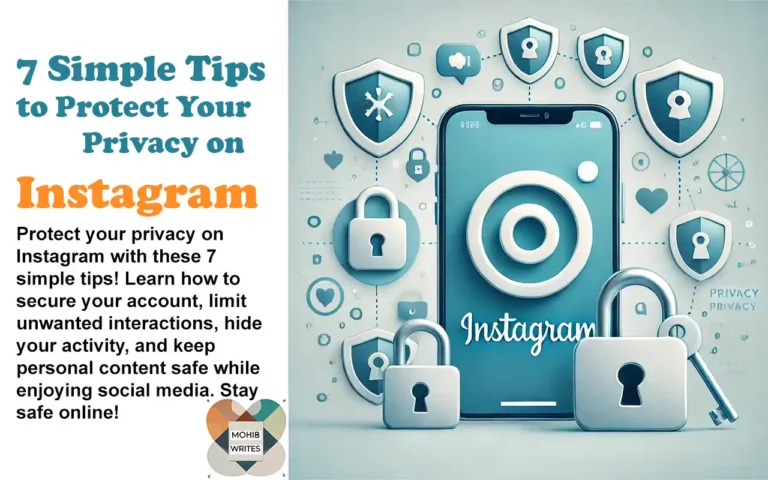PTA’s Deadline for VPN Registration in Pakistan Approaches
As internet users in Pakistan faced frequent disruptions and slow speeds, many turned to Virtual Private Networks (VPNs) as a solution. These tools became indispensable not just for everyday users but also for freelancers and professionals needing reliable internet access.
The government, however, introduced a policy requiring VPN registration with the Pakistan Telecommunication Authority (PTA). This decision set a deadline of November 30 for compliance. The debate around VPN usage intensified further when the Council of Islamic Ideology (CII) deemed VPN use “un-Islamic,” though the council later clarified that its stance depended on how VPNs were being used.
Amid the growing discussions about VPNs, it’s essential to understand:
What they are?
How they work?
Why they are beneficial?
What is a VPN and How Does It Work?
A Virtual Private Network (VPN) is a tool designed to protect users’ privacy online. It enables individuals to mask their identity while browsing the internet by connecting through a secure network.
By hiding the user’s IP address, VPNs make it harder for internet service providers (ISPs) and third parties to track browsing activity or pinpoint a user’s location. They also use real-time encryption, which safeguards data and makes it unreadable to unauthorized individuals. Even if someone intercepts the information, the encryption ensures the data appears as incomprehensible code.
Also: WhatsApp Introduces Message Drafts to Remind You About Unsent Messages
Benefits of Using a VPN
Using a VPN offers several advantages, including:
1. Secure Internet Usage
VPNs serve as a buffer by acting as intermediaries (proxies) between users and the internet. This ensures that a user’s location and personal details remain hidden, as the demographic data appears to originate from a server in another location.
2. Access to Restricted Content
Many countries impose restrictions on specific websites and services. VPNs bypass these geographical barriers by allowing users to connect to servers in different regions. This effectively “relocates” the user, enabling access to content unavailable in their own country.
3. Safe Data Transfer
With increasing threats of data theft, VPNs offer robust encryption that ensures sensitive information can be shared securely. This makes VPNs particularly useful for businesses and individuals dealing with confidential data.
Types of VPNs
While there are several types of VPNs, three main categories are commonly used:
1. SSL VPN
This type of VPN is especially useful when an employee needs access to a company’s network but doesn’t have the company’s device. It uses an HTML-5-enabled browser to connect securely to the organization’s resources through a login page.
2. Site-to-Site VPN
Site-to-site VPNs connect multiple private networks securely, such as those used within an organization. This type of setup is ideal for sharing data between two separate intranets while keeping them isolated. It’s widely used by larger enterprises due to its complexity.
3. Client-to-Server VPN
This type functions like an “extension cable” connecting an employee’s home computer to the company’s internal network. Instead of using the user’s ISP, it routes the connection through the company’s VPN provider, offering enhanced security and seamless access to internal resources.
Also: Google’s November 2024 Core Algorithm Update: What You Need to Know
Key Takeaways:
- VPNs are essential for maintaining privacy, accessing restricted content, and securely transferring data.
- Various VPN types cater to different needs, from individual users to large enterprises.
Whether for personal privacy or professional needs, VPNs remain a crucial tool in today’s digital landscape.







